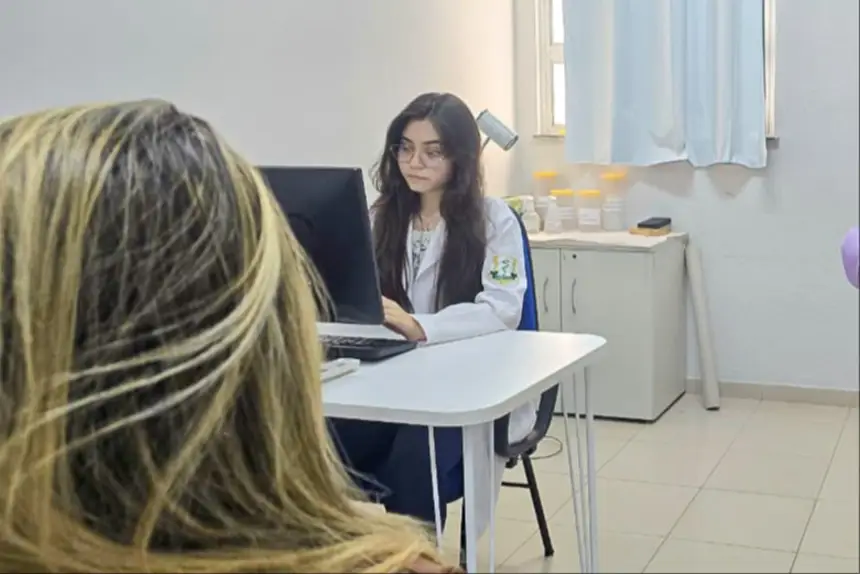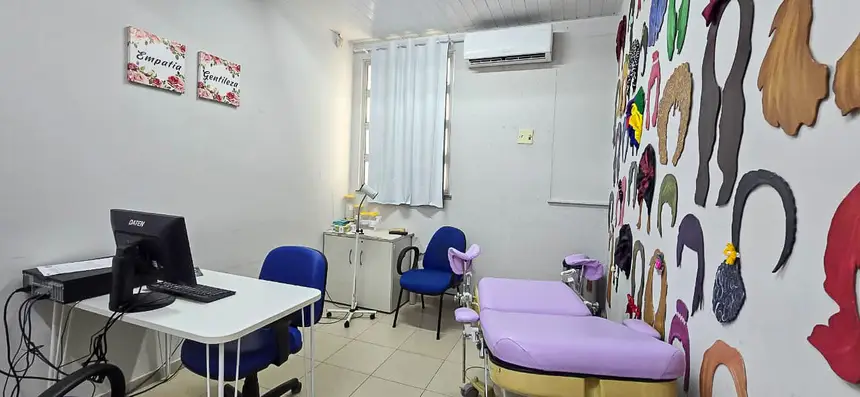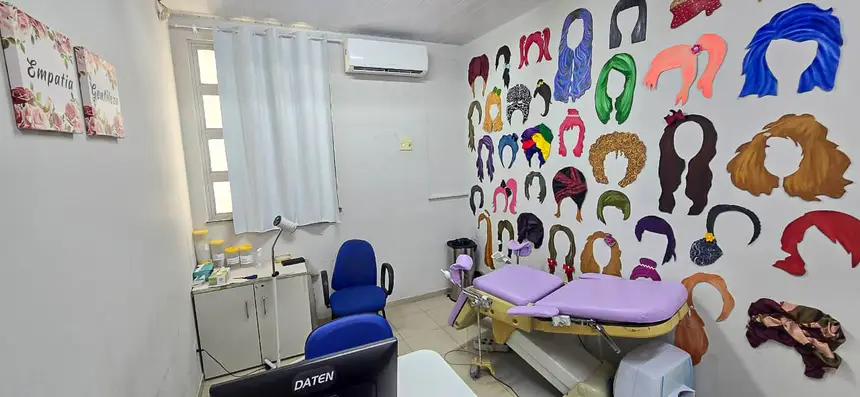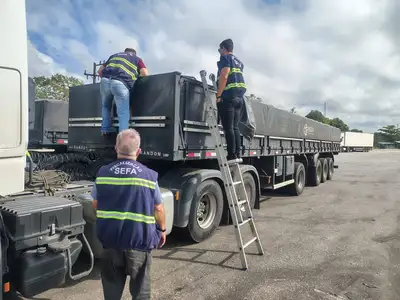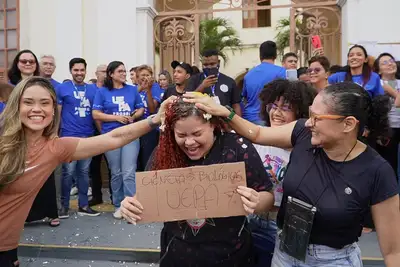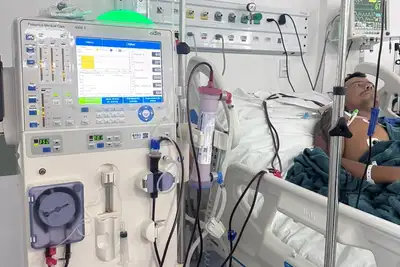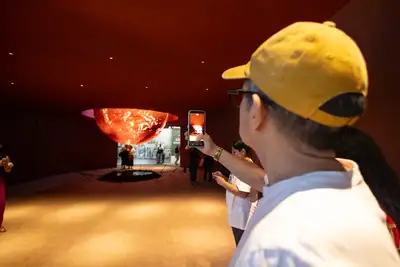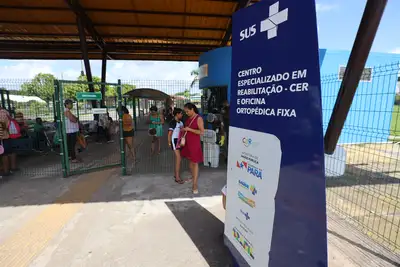In Pará, reports from the Scientific Police ensure justice for women victims of domestic violence
The ‘August Lilac’ campaign highlights the fight against domestic violence and raises awareness about reporting channels
In the month when the ‘August Lilac’ campaign takes place, which has as its main objective the confrontation against domestic violence suffered by women and raising awareness about the importance of reporting and the channels where victims can do so, the Scientific Police of Pará (PCEPA) highlights the fundamental role of forensic examinations in ensuring justice for victims.
The ParáPaz Mulher units have multidisciplinary teams of specialized support that include forensic doctors from PCEPA qualified to perform examinations in cases of bodily injuries and sexual assaults on women suffering from domestic violence.
“Women who are assaulted become part of the vulnerable group, which must have priority in care. The State of Pará has some programs that assist this group, and in addition to priority, they are attended to in a multiprofessional manner. They have a space where they are welcomed, undergo specialized listening, and then are referred for procedures to file a report and subsequently sent for examinations,” explains forensic doctor and director of the Institute of Legal Medicine and Dentistry (Imol) of PCEPA, Hinton Barros.
The director, who specializes in legal medicine and forensic sexology, also emphasizes that in addition to the ParáPaz Mulher spaces, victims can undergo forensic examinations at any Regional Unit or Advanced Nucleus of the Scientific Police in the State.
“In the PCEPA units, we also provide support in specialized rooms, through social workers, psychologists, and then, as they have already gone through the Civil Police, from some police station, they are referred to undergo the examinations,” adds Hinton Barros.
In the case of women undergoing examinations related to sexual assaults, after the examination, due to the risk of contracting sexually transmitted diseases, the Scientific Police refers them for follow-up at a reference unit of Sespa, which can be the Santa Casa Hospital or the Women’s Health Hospital, in the Metropolitan Region of Belém, or other hospitals in the interior of the State.
Forensic examinations – In addition to sexological examinations and bodily injuries, which PCEPA conducts in cases of domestic violence, some cases require other types of forensic examinations, such as property examinations, when the aggressor breaks the victim's belongings during the violence, such as household items, and applied engineering examinations, which analyze cases where the aggressor breaks the victim's electronics, most commonly personal cell phones, tablets, or laptops. All types of examinations mentioned are conducted at the units of the Scientific Police of Pará.
Justice - Forensic doctor and sexology manager of the Scientific Police, Adriane Wosny Guimarães, reminds us that the reports from the examinations are fundamental pieces in investigations.
“The forensic report is one of the most crucial pieces to ensure that victims of domestic and sexual violence have access to justice and that the aggressor is held accountable effectively, as in the examination we can find traces that provide objective corroboration and strengthen the victim's narrative in the judicial process,” she emphasizes.


